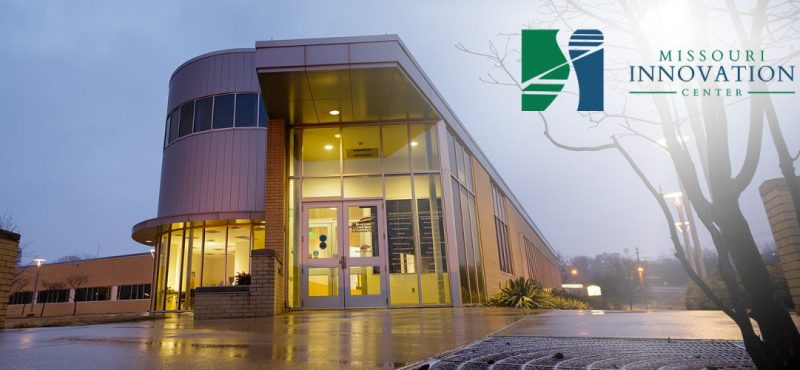In Columbia, Missouri, business is stirring, and innovation is found in just as many places as Silicon Valley. Many of these startups are taking off from the Missouri Innovation Center—a nonprofit located within the University of Missouri campus that supports business ventures—and these innovators are doing everything from finding cures for cancers to producing satellite imagery for corn fertilization purposes. What’s important to note is that these companies are fueled by a strong and robust network delivered by Mediacom—which serves 22 states primarily in the Midwestern and Southeastern regions of the United States. Moreover, the products and services produced by these companies can only serve their purpose by utilizing the kind of broadband infrastructure that Mediacom provides.
Bill Turpin, CEO of the Missouri Innovation Center, is no stranger to the startup business. He’s helped business ventures like Netscape take off and has seen how crucial fast internet is to achieving breakthrough products and services for customers that improve their quality of life. He’s also seen how equally crucial it is to driving business and economic development to his home state. “People here are just as smart as anywhere else, they just don’t have the access. With the fiber connection, we want to provide that level playing field where access isn’t an issue,” said Turpin. “We’re really happy to have providers like Mediacom here in our region that believe in that principle, that want to empower even people out in smaller areas to achieve and build great companies.”
The Missouri Innovation Center partnered with Mediacom in late 2017, and prior to that used the university’s network but with it came a lot of rules and restrictions. “When we worked with Mediacom fiber, it got rid of a lot of those restrictions,” said Turpin. “You might have large pieces of data, or data backups for various things. It’s that kind of bursted traffic where something might take five minutes with the gigabit fiber, or two hours without it.” Those two hours spent waiting on those files were an inefficient part of the workflow, to say the least, added Turpin.
No one can speak more to that improvement than Sarah Hill, CEO of StoryUp, one of the center’s many successful clients. Hill’s startup has essentially created the world’s first VR & AR product that’s powered by a brain interface. In other words, it acts as a “portable digital chill pill” by helping to reduce stress, and it’s being used by veterans, hospitals, nursing homes, hospice centers and schools. The very large files that go into creating these experiences are delivered over the cloud. But before Mediacom came in, Hill used to have to save the files on USB sticks and deliver them via FedEx—a tedious and slow process.
“A gigabit connection is crucial for us. Without it, we wouldn’t be able to provide these stress management solutions for people who are going through crisis situations in their lives,” said Hill. “That fast bandwidth allows us to provide a more virtual piece for these people going through these periods of stress.”
To add to that point, Mediacom Senior Director of Marketing Kristi Salmon explained that a company’s bandwidth is expected to double year after year, and Mediacom works to stay ahead of the game. Referencing 10G, the broadband industry’s initiative to deliver 10 gigabit speeds in the future, Salmon said,”10G is going to enable hospitals that are venturing into telemedicine … schools and e-curriculum and virtual field trips … and e-gaming [gaining popularity in the Midwest]!”
And Mediacom has been preparing for it for a long time. In fact, Mediacom was the first company to fully deploy 1 gig to an entire state (Iowa). The Internet Service Provider has invested over $1 billion in their network to provide upgrades, and, as a result, every area that it serves has 1 gigabit speeds available.
“Broadband is going to be that great equalizer that erases those geographical boundaries. There comes this point for these states that are usually considered flyover states to reinvent themselves if they want to sustain,” said Salmon. “They can now hone in on things they are known for because they can compete anywhere in the world.”
